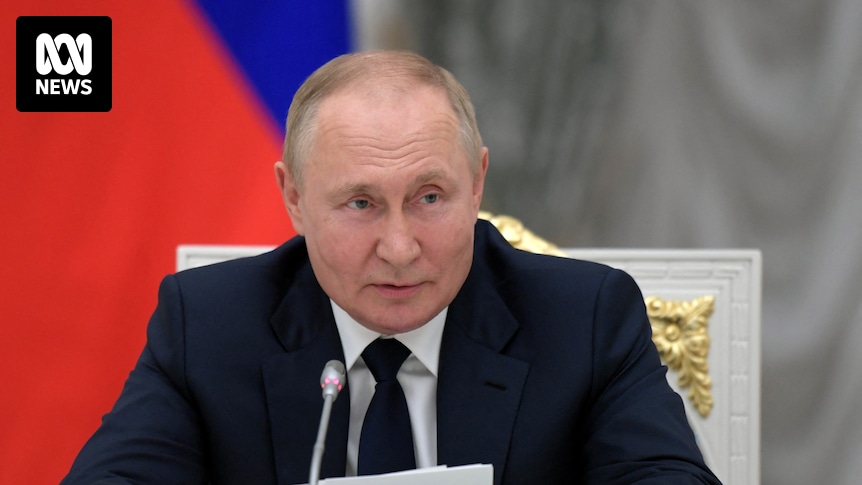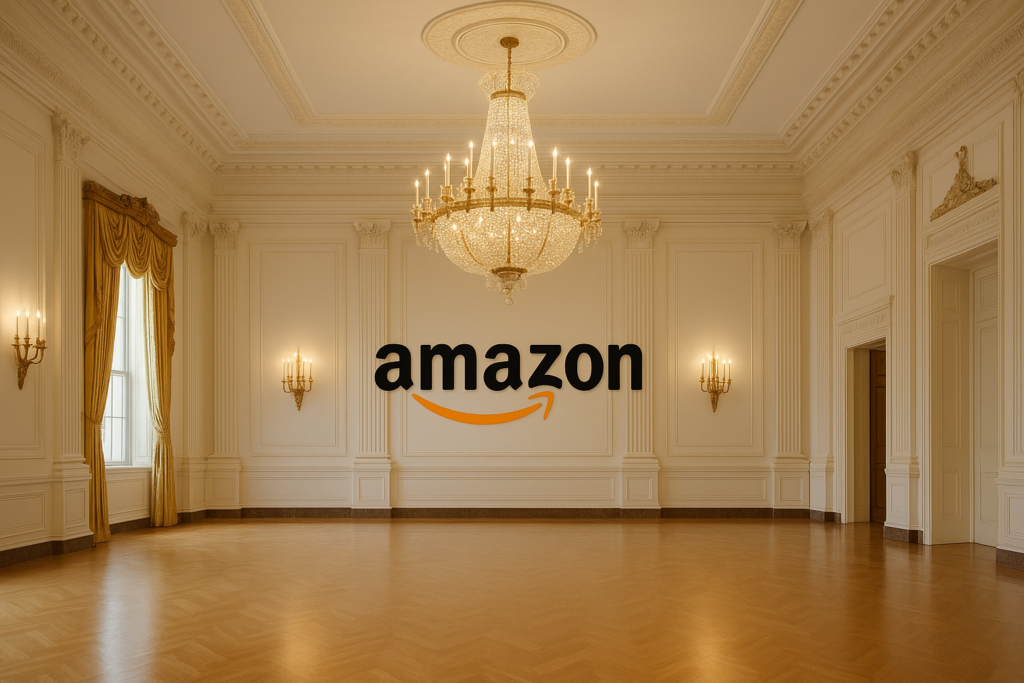Donald Trump’s presidency could change the trajectory of Russia’s war in Ukraine, challenge NATO’s stability and make European defence spending a top priority, analysts say.
Leaders across Europe, including Ukrainian President Volodymyr Zelenkskyy, were quick to congratulate Trump on his victory over Kamala Harris on Wednesday.
Shortly after the result was confirmed, Mr Zelenskyy said he looked forward to an “era of a strong United States of America under President Trump’s decisive leadership”.
However, one leader yet to comment was Russian President Vladimir Putin.
Instead, Kremlin spokesperson Dmitry Peskov reaffirmed Russia’s claim that the United States’ support for Ukraine amounted to its involvement in the conflict.
Mr Peskov said he was not aware of any plans by Mr Putin to congratulate Trump on his victory.
“Let’s not forget that we are talking about the unfriendly country that is both directly and indirectly involved in a war against our state,” Mr Peskov said.
“The US can help end the conflict,” he said, adding: “It certainly can’t be done overnight.”
But experts say many countries are bracing for potentially radical changes to US foreign policy that could have significant impacts, including on Russia’s war in Ukraine.
Trump’s view on the Russia-Ukraine war
In the lead-up to the election, Trump repeatedly said he could end the almost three-year-long war “within 24 hours”, without providing details.
Experts expect him to push for a quick resolution.
“I think that he will spend the first few weeks, months, trying very hard to push Ukraine to accept a deal that many of us in Europe wouldn’t like to see it accept,” director of the British Foreign Policy Group Evie Aspinall told the ABC.
“Ukraine may be forced to — we are very reliant on the US for support for Ukraine and for European security in general.”
The fighting did not stop near Kharkiv as the US election result was announced on Wednesday. (AP Photo: Efrem Lukatsky)
There are long-standing concerns that a second Trump presidency would see him try and force Ukraine into an unfavourable peace deal, involving it giving up land occupied by Russia.
Russia currently occupies some 20 per cent of Ukraine and has said it will not end the war until its annexations are recognised.
That includes Crimea, which Moscow annexed from Ukraine in 2014, about 80 per cent of the Donbas and more than 70 per cent of the Zaporizhzhia and Kherson regions.
Kyiv has refused to give up its land for peace.
Ukrainian political analyst Volodymyr Fesenko said Trump would likely push for swift talks to end the war but did not think he would bow to Russia’s demands.
“I don’t think that Trump would agree to peace only on Russia’s terms, as this would look like a defeat for the US, and his advisers understand this,” Mr Fesenko told Reuters news agency.
“Putin can come up with the new ultimatums, which will be certainly unacceptable for Ukraine and the main issue will be, how Trump will react to it.”
Trump has also expressed frustration at the tens of billions of dollars in aid America provides Ukraine.
Mr Fesenko predicted that aid provided by the US under Trump’s administration would change from grants to something more akin to a loan.
He said that was better than aid ending altogether, but was an “additional burden” for the future.
NATO bracing for pressure
NATO chief Mark Rutte congratulated Trump on his election victory on X.
“His leadership will again be key to keeping our alliance strong. I look forward to working with him again to advance peace through strength through NATO,” Mr Rutte said.
Despite Ukraine not being a member, NATO’s support for Ukraine has been critical in its fight against Russia.
The US is the alliance’s biggest funder, but Trump has been critical of the body, arguing European nations pay too little.
Vladimir Putin has no plans to call Donald Trump. (Reuters: Sputnik/Aleksey Nikolskyi/Kremlin)
He has also previously claimed that his threats to pull the US from the alliance led to other countries increasing their expenditure.
Ms Aspinall said Europe had changed a lot since Trump was last in power, with countries realising they needed to be more self-sufficient and less reliant on the US.
“Europe knows it needs to invest more in its defence security post the war in Ukraine particularly, but also as you see events in the Middle East, in China … there’s a growing recognition across Europe that even if Kamala Harris had won, actually they would need to scale up their investment in European security,” she said.
“There’s a whole cultural mind shift that needs to happen in order to increase defence spending … it’s very hard, especially when the economy in Europe is struggling to convince the public that what they really need to do is spend more on guns and bombs and stuff that might not even be used.”
America’s NATO allies Germany and France called a high-level defence meeting on Wednesday night to discuss the election result.
Opposing views on the Middle East war
Several European countries, including France, have been increasingly critical of Israel’s conduct in the Middle East war.
During the campaign, Ms Harris made it clear she was unhappy with the number of civilian deaths in Gaza.
Trump, on the other hand, has said Israel should “finish the job”, without detailing exactly what that means.
“We know that Trump is going to be much more ardently behind [Benjamin] Netanyahu, much more willing to let Israel get kind of whatever it wants,” Ms Aspinall said.
“I think in Europe there is going to be a lot of discomfort with that, which is much more fundamental and ideological than their discomfort with his approach to China, because they kind of like China and they want to do trade.
“There’s a moral argument in Europe, which is quite different to that in the US.
“I think that’s going to be a particularly challenging part of the relationship.”
US-Europe trade tensions
French President Emmanuel Macron and German Chancellor Olaf Scholz congratulated Trump but acknowledged the challenges his “America First” protectionist trade policy and isolationist rhetoric could have.
Trump last month said that the European Union would “pay a big price” for not buying enough US exports if he returned to the Oval Office.
He said he would impose a 10 per cent tariff on imports from all countries, and 60 per cent duties on imports from China.
“The European Union must stand close together and act in a united manner,” Mr Scholz said.
Mr Macron said on X that Berlin and Paris would work for a united, stronger Europe within “the new context”.
European Commission chief Ursula von der Leyen congratulated Trump on his victory but said avoiding trade wars was in everyone’s interest.
“Millions of jobs and billions in trade and investment on each side of the Atlantic depend on the dynamism and stability of our economic relationship,” she said.
ABC/Reuters


